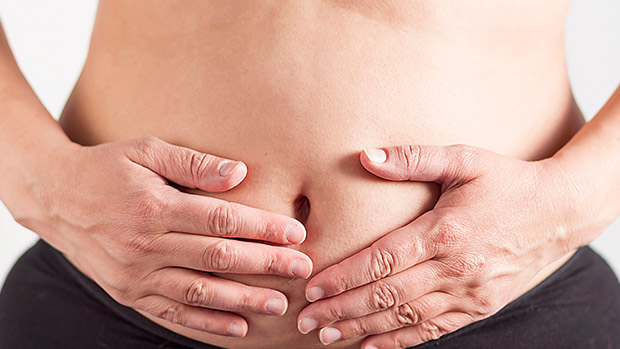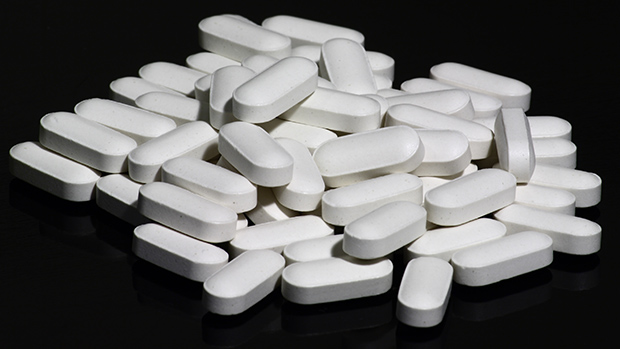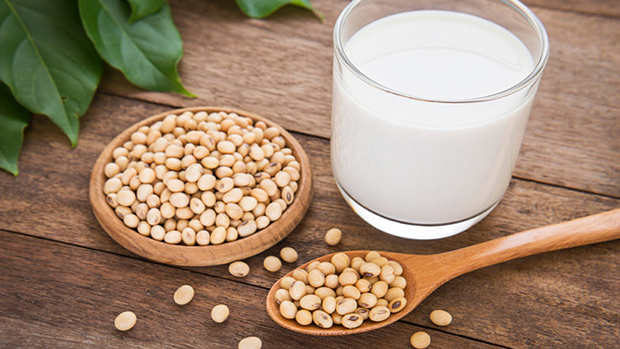Several years ago, Christian Thibaudeau walked into T Nation headquarters and said, "I have a theory that when you're very stressed out, the food you eat is more likely to be stored as body fat."
He must've been thinking about that all morning. He's always thinking. As it turns out, new research shows he was right: anxious eating makes you gain fat faster.
Some people are stress eaters. They use the drug-like effects of food to distract themselves and calm down. Problem is, these are usually high-calorie foods. No one stress-eats kale. As expected, this leads to fat gain.
Now, we've always assumed the fat accumulation occurs because of basic calorie math: the stress eater consumes more than he or she needs and stores the excess energy as excess jiggle. And that's certainly part of it. But there's more.
In a recent study, Herbert Herzog, PhD, and his team of nerds overfed two groups of mice:
- One group was overfed in a stress-free environment.
- The other group was overfed too, but in an over-stressed environment. Dr. Herzog had them eat while sitting in 5 'o clock traffic and being nagged by their mouse-spouses... or something. (Sorry, the paper wasn't clear how one goes about stressing out a rodent.)
As expected, both groups of mice gained fat. But the stressed-out mice got fat faster than the stress-free mice, even though they were consuming the exact SAME number of calories.
Hunger is largely controlled by the brain's hypothalamus, while the amygdala is responsible for handing emotional responses, including anxiety. NPY (neuropeptide Y) is one of the brain chemicals that stimulates eating. It's even produced in response to stress: get stressed and you'll often experience false hunger signals.
When scientists "switched off" NPY production in the stressed-out mice, their weight gain normalized – they gained the same amount as the unstressed rodents.
Turns out the nerve cells that produce NPY have "docking stations" for insulin. Normally, after a meal, insulin is produced to help send the stop-eating signal to the brain. But in the study, the combo of high stress and high-calorie foods lead to insulin levels that were 10 times higher than the levels of the stress-free mice.
Prolong this stress and the nerve cells become desensitized to insulin, causing them to crank out NPY. As you'd expect, this leads to overeating, but it also disrupts a body's ability to burn energy through heat. As a result, an overstressed mouse (or human) will store more fat faster if he overeats when anxious.

Yes, this was a rodent study, but the human brain and body are the same, at least in this case, as a mousy brain and body. We all have those same brain bits, nerve cells, and neuropeptides.
So the message is pretty clear:
- You'll experience more cravings when you're stressed out.
- If you eat high-calorie foods in that anxious state of mind, you'll get fat faster.
- Don't do that. Try to relax and calm down before eating, especially if it's a high-calorie "cheaty" meal. Here's a trick for that: De-Stress and Boost Recovery in 3 Minutes.
- If Christian Thibaudeau has a theory, he's probably right.
- Ip CK et al. Amygdala NPY Circuits Promote the Development of Accelerated Obesity under Chronic Stress Conditions. Cell Metab. 2019 Jul 2;30(1):111-128.e6.




